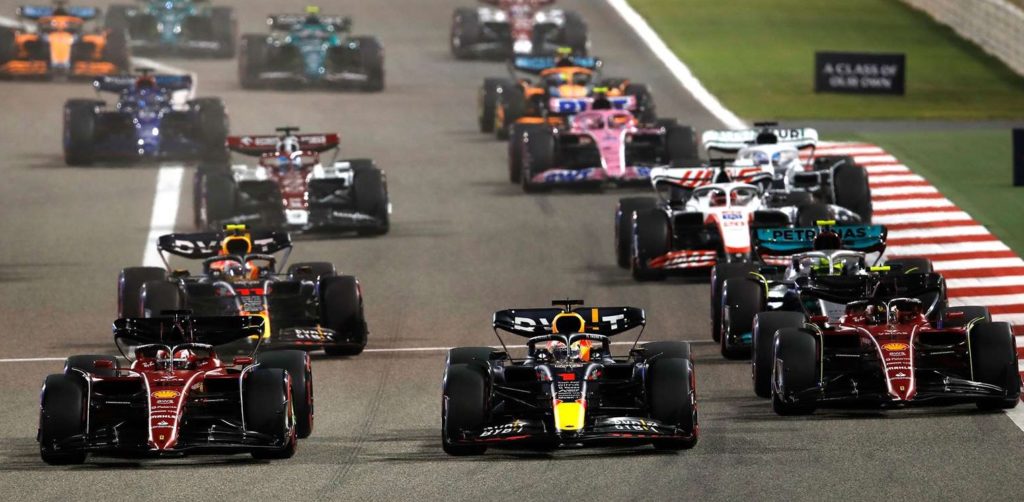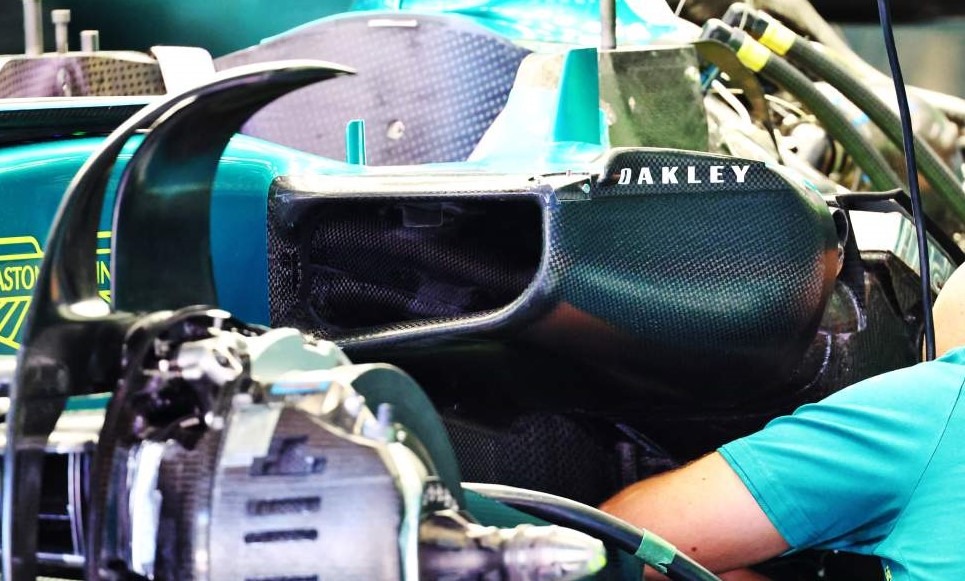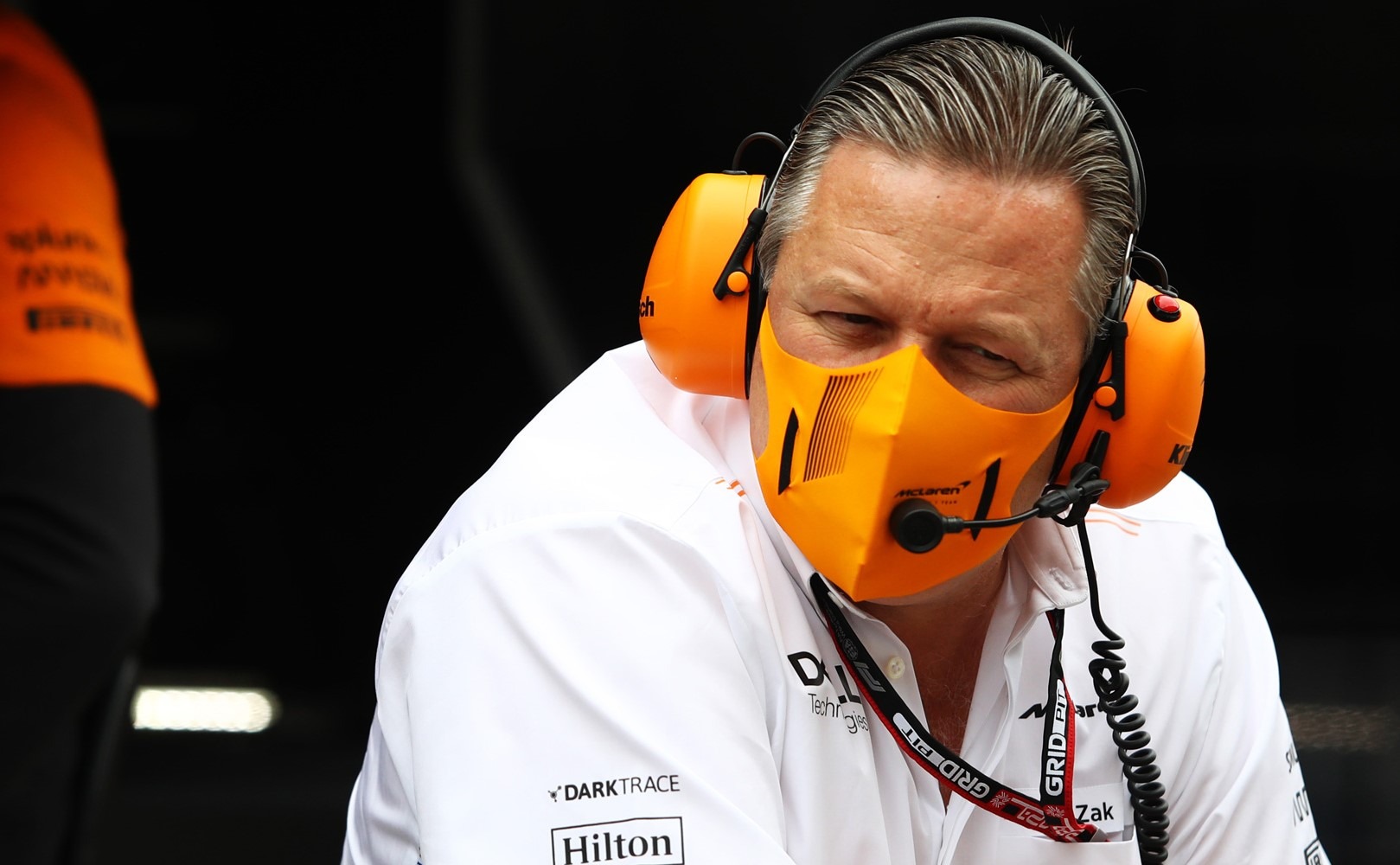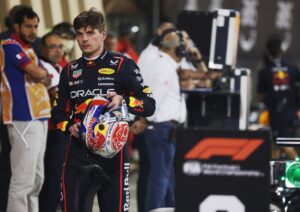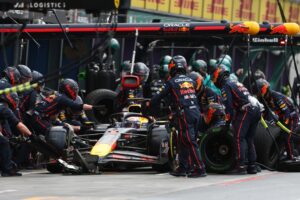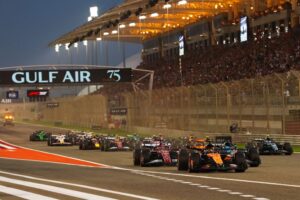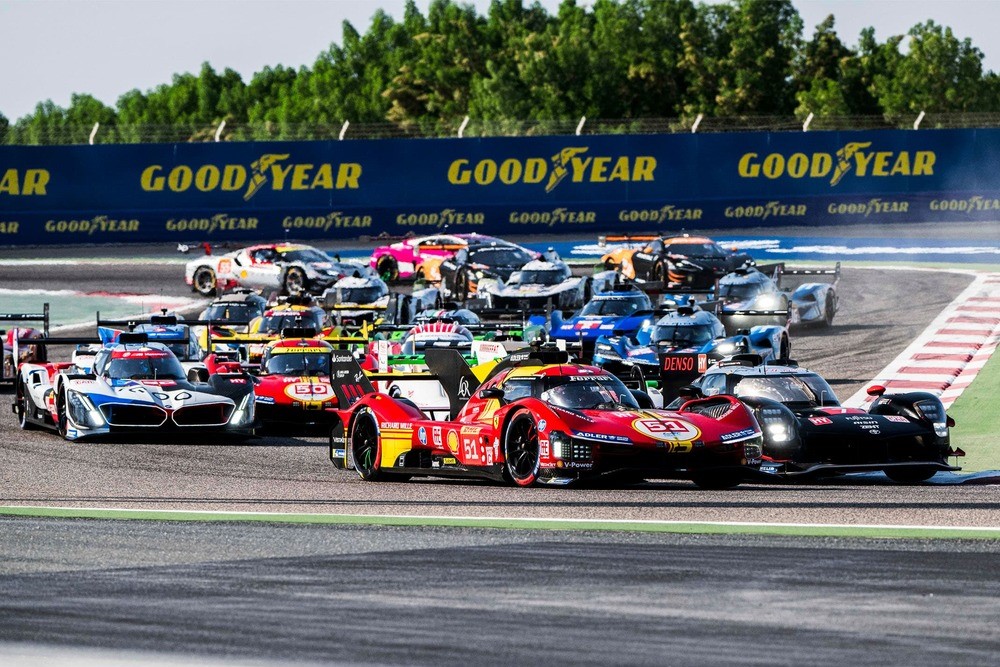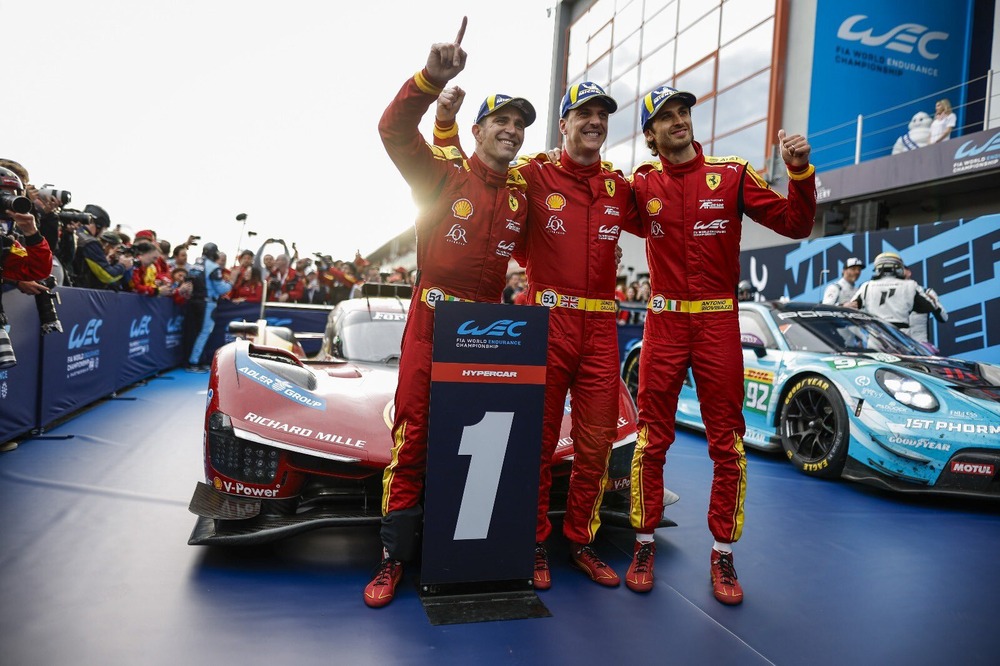The budget cap has been reduced due to the expenses that will no longer be spent as a result of the news that the Russian Grand Prix will not be replaced in 2022.
The budget cap has been lowered as a result of the revelation that the Russian Grand Prix would not be replaced in 2022
This comes after Russian President Vladimir Putin ordered his soldiers to invade Ukraine in February, prompting the FIA to cancel this year’s Russian Grand Prix and barred drivers from Russia and Belarus from competing under those flags.
The neutral flag was imposed for the drivers, along with an instant ban on Russian and Belarusian logos, colours, and anthems, and Formula 1 later declared that its contract with the race organisers had been cancelled, most likely until Putin leaves power.
Promoters were seeking to add another race to the calendar to replace the Sochi Grand Prix, and the Sepang Circuit in Malaysia and Hockenheim were also mentioned as possibilities.
There were rumours that a second race in Singapore was the sole option, and that if it didn’t work out, there would be no successor. There was no feasible destination found in the end, therefore the calendar length will remain at 22 races this year, as it was last season.
“It was announced on February 25 that, following meetings between Formula 1, the FIA and the teams, the championship would not race at the Russian Grand Prix in Sochi, which was set to be held on September 23-25,” read a statement from F1.
“But it’s now been revealed that there will be no additional Grand Prix added to the calendar to fill the gap, meaning the 2022 calendar will run to 22 races.”
As a result of removing the Russian Grand Prix from the F1 calendar, the budget cap, which was previously estimated to be $142.4 million, will be reduced to $141.2 million to reflect the fact that the teams would no longer be required to fly to the extra race and send their equipment there.
The rest of the races will take place on the same dates, thus the teams will have the weekend of September 23-25 off.

